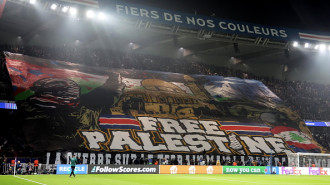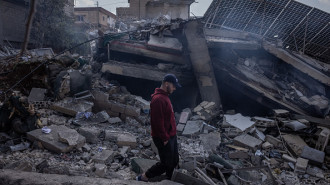A deal would give Israel its first fully functioning government since December 2018, stability that could prove crucial as it confronts the coronavirus pandemic.
The two men had been negotiating prior to a deadline that expired at midnight Monday night, but jointly asked President Reuven Rivlin for a two-day extension to finalise details.
They met in Jerusalem on Tuesday morning, after releasing a joint statement late Monday hailing "significant progress".
There have been repeated claims of progress in coalition talks since an inconclusive March 2 election, Israel's third poll in less than a year, but a deal has remained elusive.
Tuesday's talks ended without a breakthrough but the two men committed to meet again after the Jewish passover holiday ends at sunset on Wednesday, with a view to reaching a deal by a midnight that evening.
As Israel's unprecedented political deadlock has persisted, there have been widespread calls for an interim national unity government to combat the novel coronavirus, which has infected more than 11,500 Israelis and killed 117.
Read more: Gantz urges Netanyahu to form emergency unity government
Gantz, a centrist ex-military chief, has squared off against the veteran right-wing prime minister in three elections since April last year.
Twitter Post
|
Neither has earned enough support from voters and potential coalition partners to form a government.
'Moment of truth'
In the March 2 election, Netanyahu's Likud emerged as the largest party but Gantz's Blue and White won the backing of most of the country's 120 MPs.
Gantz was therefore given a 28-day mandate to try and form a government.
But deep divisions within the anti-Netanyahu camp meant his chances of forging a stable coalition were always remote.
In a surprise move last month, Gantz was elected speaker of parliament and effectively stopped seeking to form a coalition with himself as prime minister.
He called for an alliance led by Netanyahu for a defined period, allowing Israeli politics a rare moment of unity as it stares down an unprecedented health crisis.
In the process, Gantz broke his political party in two, with more than half his allies in parliament leaving to join the opposition rather than ally with the deeply divisive Netanyahu.
Since then talks have stalled over a number of key issues.
Forming a government involves distributing ministerial portfolios and agreeing a political roadmap for the country.
A major source of tension has been the choice of a justice minister who will be tasked with overseeing the corruption case against Netanyahu.
Disputes have also emerged over the nomination of a defence minister, including speculation that Gantz, a former army chief, may want the job.
Policy towards the Palestinians, notably Netanyahu's stated desire to unilaterally annex the strategically important Jordan Valley in the occupied West Bank, has also reportedly caused friction.
"Netanyahu, this is our moment of truth. It's either a national emergency government or a senseless fourth round election, costly and unnecessary in this hour of crisis," Gantz said on Monday night.
"History will not be forgiving towards leadership that shirks its responsibility at this critical point of time."
In office since 2009, Netanyahu is Israel's longest-serving premier and the first to be indicted while in office.
The premier denies charges of bribery, fraud and breach of trust, filed against him in January.
Netanyahu critics have charged that he will stop at nothing to make the indictments disappear, including pushing for a fourth election in the hope of gaining a parliamentary majority to push through a law granting him immunity from prosecution.

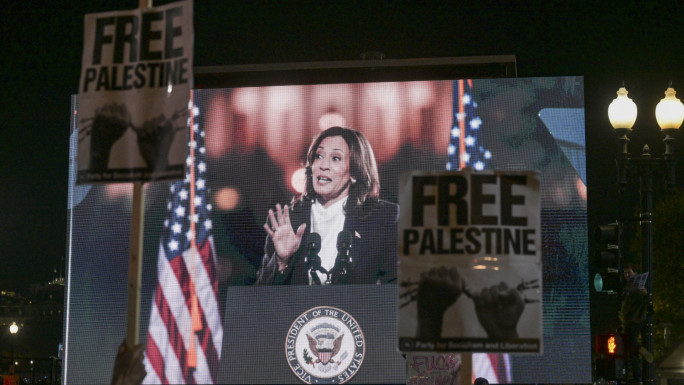
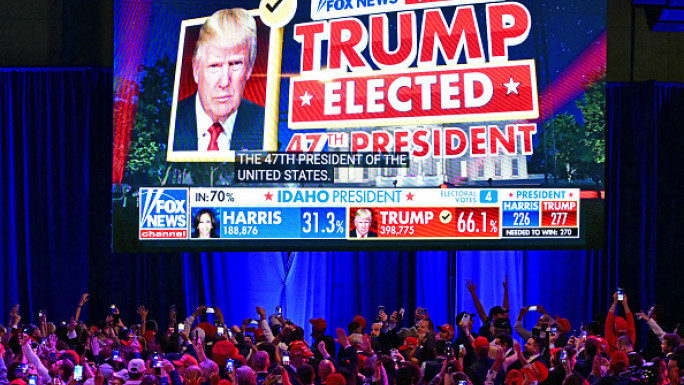
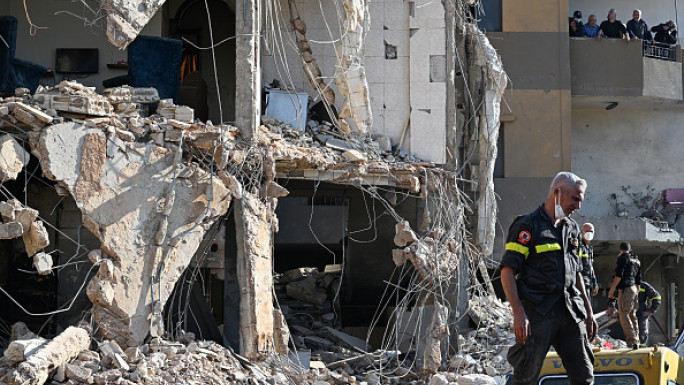

 Follow the Middle East's top stories in English at The New Arab on Google News
Follow the Middle East's top stories in English at The New Arab on Google News
